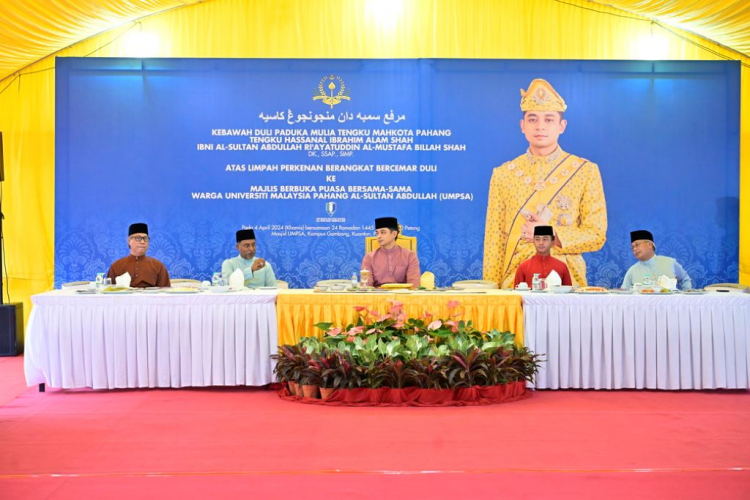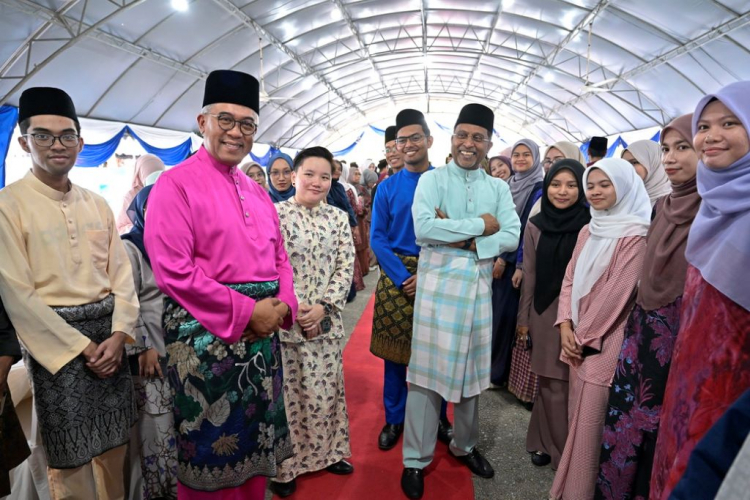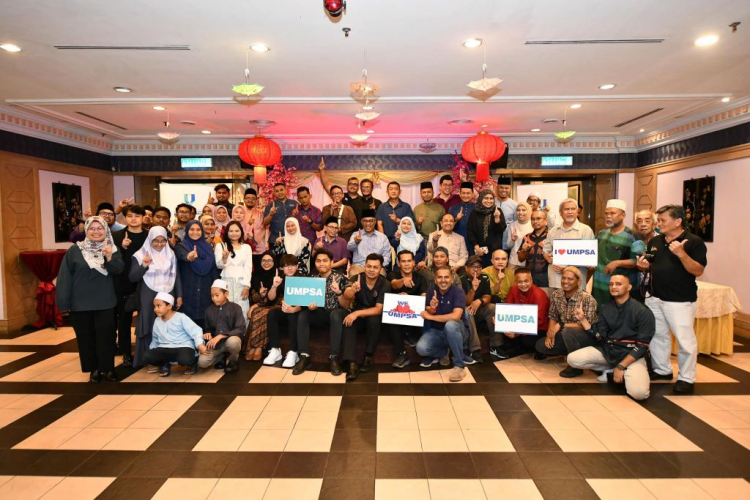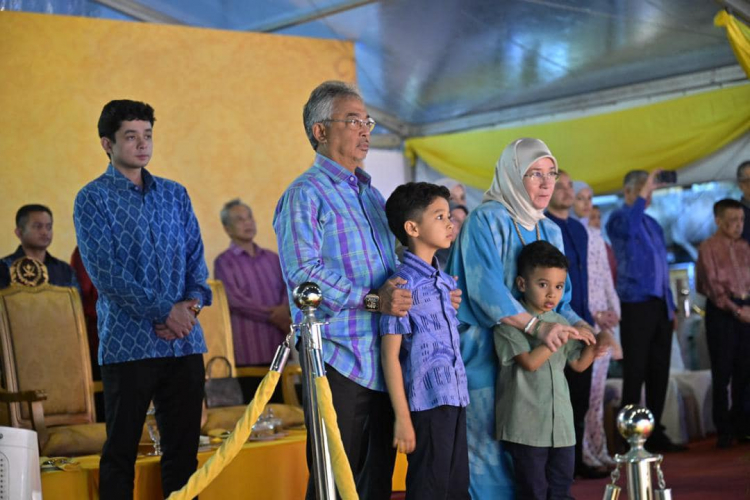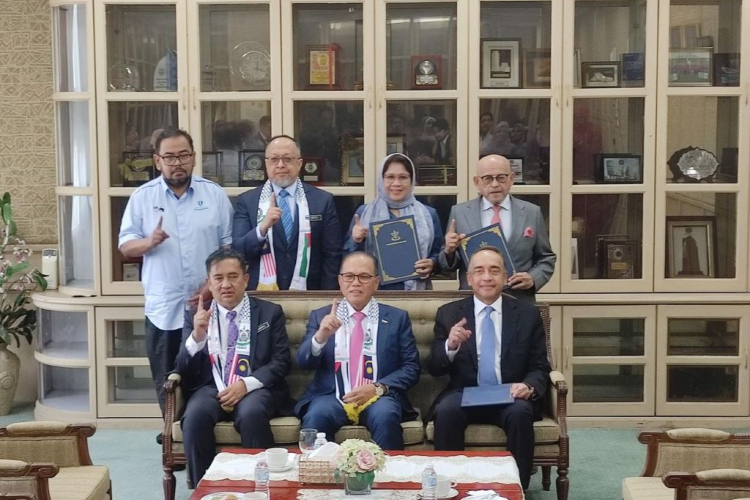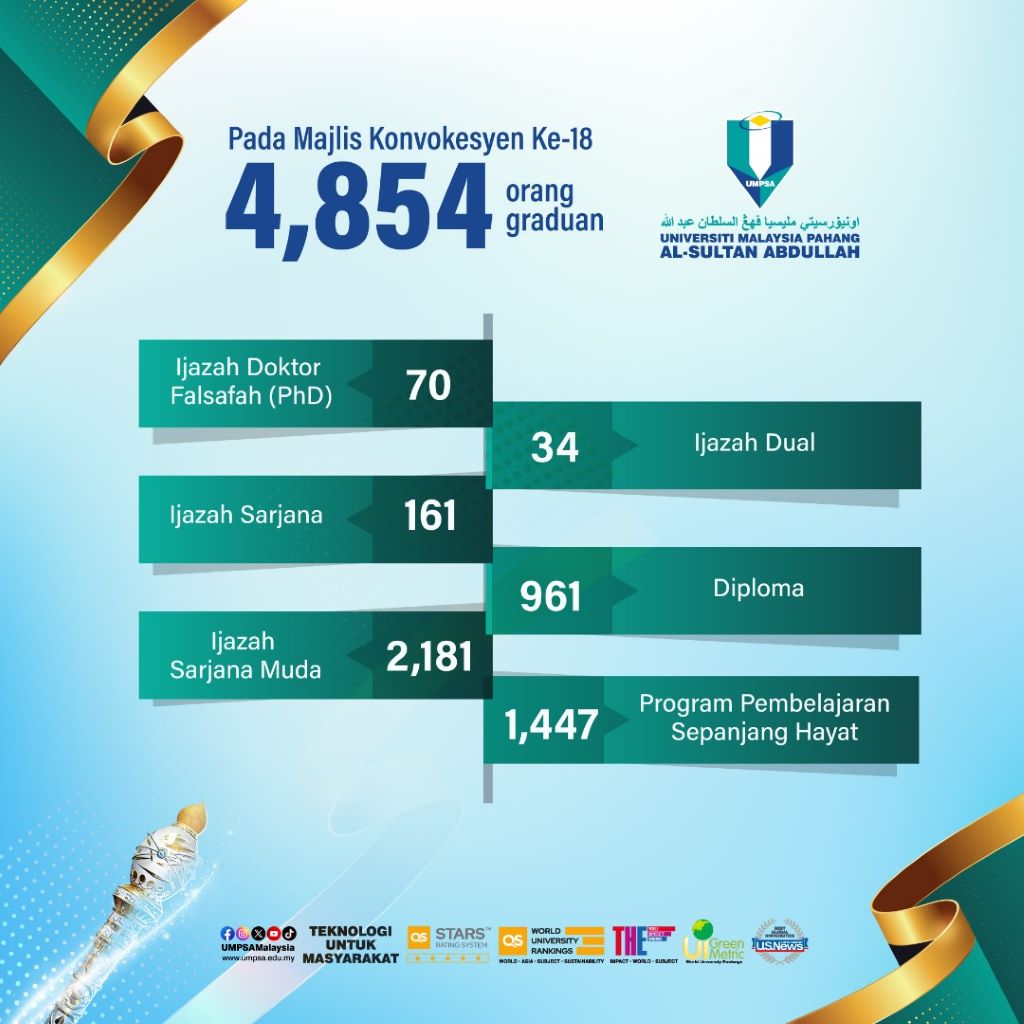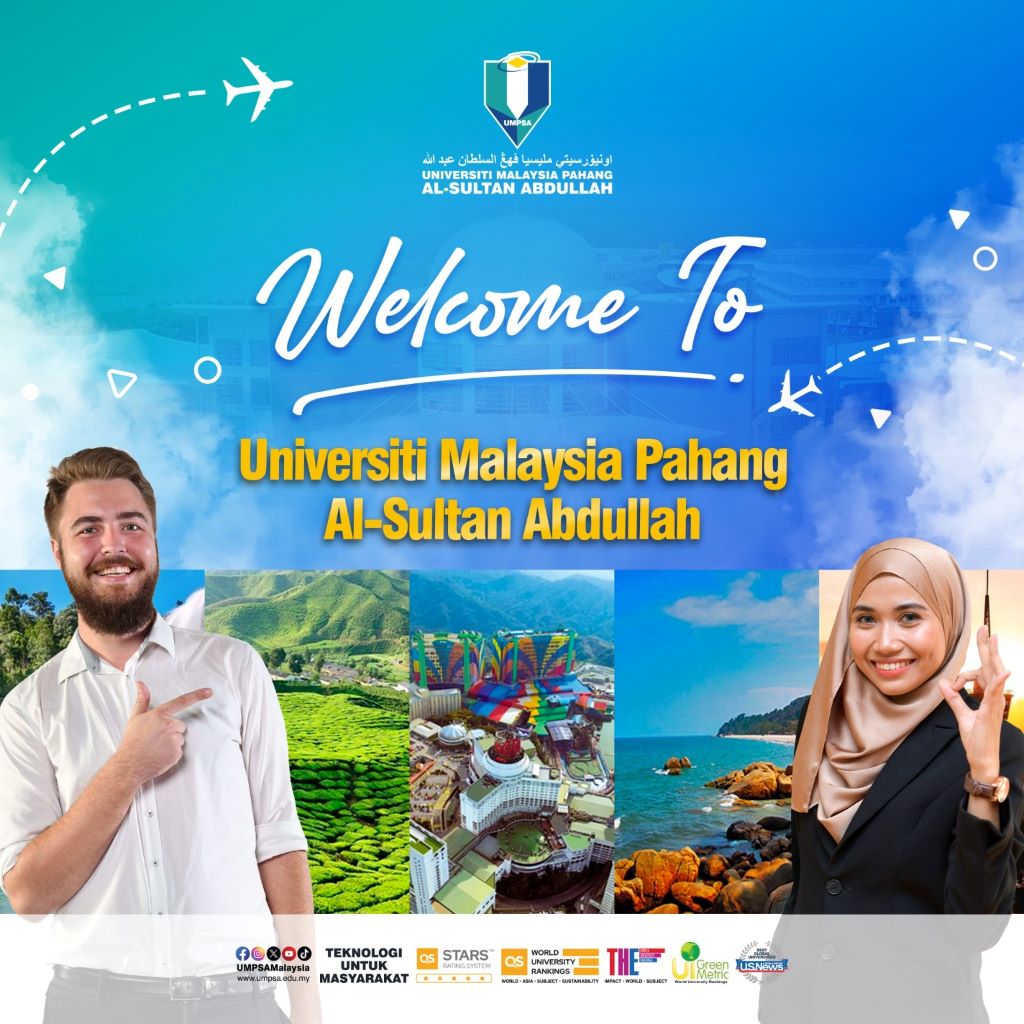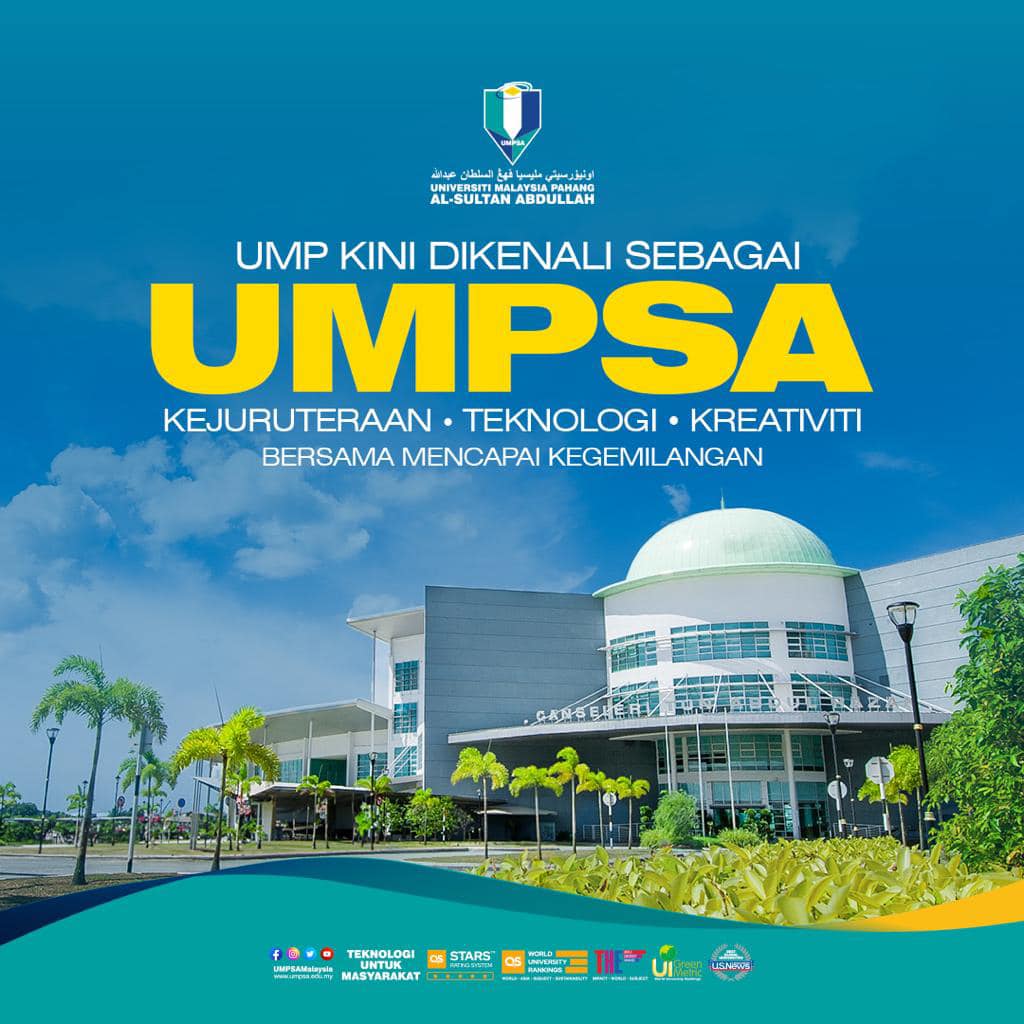UMPSA students’ experience in dealing with unethical and integrity issues in daily lives
Consider the situation in which the instructors inform the class that a test will be given online next week, and the entire class is thrilled with excitement and shouts, “Yes!” Suddenly, the instructors reverse the decision and opt for a paper-based test. A sigh of disappointment could be heard throughout the class as everyone exclaimed, “Alaaaaa...”
Does that indicate:
i. Students’ initial excitement and positive response to the prospect of taking an online test revealed an underlying preference that went beyond convenience,
ii. They are thrilled because knowing that they can consult search platforms and gather information, or
iii. A test administered online allows for greater flexibility, therefore students are encouraged to think of themselves as ‘invisible’ to the instructor or invigilator?
Obviously, conducting an online assessment has many advantages, such as fast results generated through the use of technology. The method can also save instructors’ time by eliminating the need to mark large volumes of paper. However, we are not discussing how convenient these are for the instructor. It is important to recognise that if they are truly motivated to cheat, then we have not done enough to cultivate ethical literacy for our students. There is a clear perception among students that the online format is not only a modern and accessible assessment method but also a platform where they can exploit possible loopholes, such as engaging in discussion among themselves or consulting online resources for information. If that is the case, they are referred to as academic integrity violators who violate the integrity culture of the university.
As the violator of academic integrity, they confront ethical dilemmas similar to those encountered outside the classroom, although in a different context. By experiencing this situation, students develop an understanding of integrity. It may be the temptation to cheat on an online test or witness the issues of dishonesty in their communities which lead them to cheat. A sharing made by students on integrity issues in their daily lives revealed that such situations are quite common for them to witness.

The sharing exposed corruption, immorality, nepotism, and unethical behaviour occurring at all levels of society, including peers, superiors, authorities, educators, and officers. Many students are exposed to several corruption incidents throughout their daily lives, which is a disturbing reality. Not only is this revelation disheartening, but it also serves as an important reminder of the challenges we face when it comes to maintaining ethics and integrity within our communities. Although this finding is disappointing and concerning, it also emphasises the necessity to actively resist being tempted to follow the path of corruption, which is why the inclusion of Kursus Integriti dan Antirasuah (KIAR) as a mata pelajaran umum (compulsory subject) is beneficial.
It is widely known that UMPSA is committed to combating unethical conduct through the establishment of a well-written policy, the establishment of a transparent governance structure, and collaboration with other agencies, such as the Malaysian Anti-Corruption Commission (MACC). As long as the continuous effort is enforced with a systemic mechanism among their employees and students, the academic violator may turn into an exemplary figure and ensure that what they experienced will never occur again. UMPSA can be an incubator for developing change agents that are equipped with morality, justice, and integrity, as well as ethical DNA, as future leaders.

The writer is the Course Coordinator for Kursus Integriti dan Antirasuah (KIAR), Centre for Human Sciences, Universiti Malaysia Pahang Al-Sultan Abdullah (UMPSA).
This is the personal opinion of the writer or publication and does not necessarily represent the views of UMPSA.
Email: hadijah@umpsa.edu.my



 Reports by:
Reports by: 